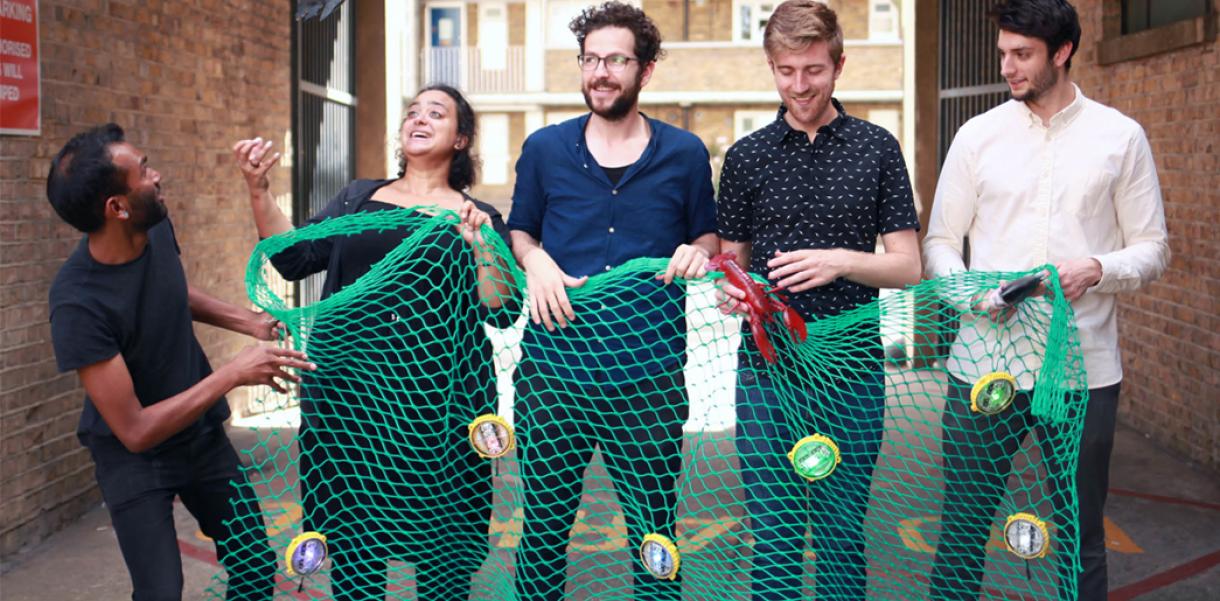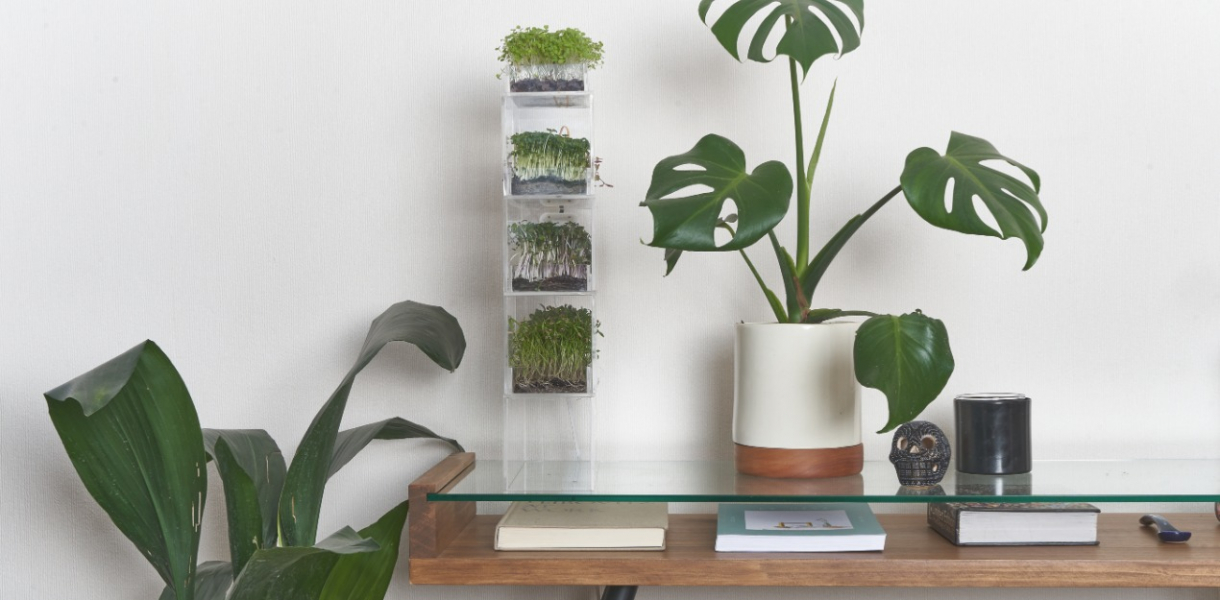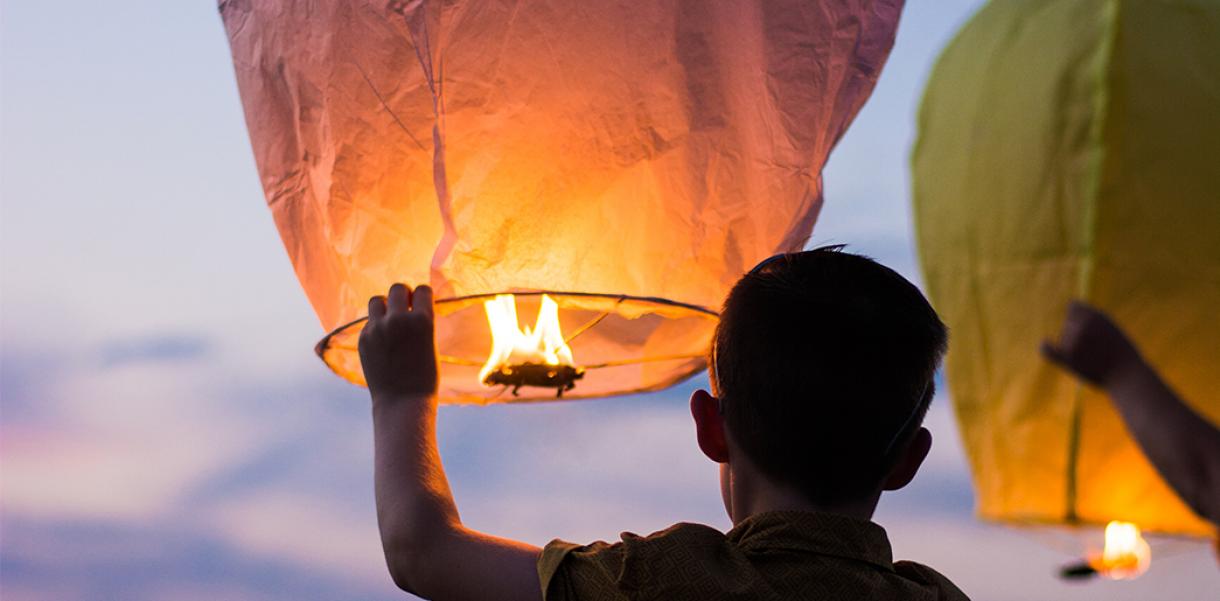In 2019, SafetyNet Technologies won the Index Award in the Work category for their innovative bycatch-solution Pisces. Aiming to solve the immense issue of bycatch in commercial fishing, the LED-light emitting device is easily attached to fishing nets and lowers bycatch by upto 90%. In short, it's a simple, low-cost product with a massive impact: helping to create a sustainable coexistence between ocean ecosystem and fishing practices.
Since winning the award last year, the Pisces device has proved ready to fulfil its mission. After going through extreme physical and electronic testing, SafetyNet has finalised the device for manufacture and selected a partner in Shenzhen, China, to do the job.
Additionally, they "closed a €1,2 million Seed investment round with Althelia Sustainable Ocean Fund, Mustard Seed and Conservation International Ventures," CEO and Co-founder Dan Watson shares with us. And their team has almost doubled, adding science, customer, and sales-focused team members to the company.
"We're beginning to commercialise after a bunch of scientific and commercial trials."
Making sales is the next big step for Pisces: "We're beginning to commercialise after a bunch of scientific and commercial trials, and we're learning fast how to convert trials to sales and contracts," Watson tells us. On top of that, they're applying for funding to support new, exciting research and tech development.
People in the industry are also talking about Pisces. The news of the seed investment made it to Fishing News and Seafood Source among other seafood industry publications, and The Journal of the Marine Biological Association of the United Kingdom has also written about the utility of LED-lights in lowering bycatch.
"Money will be put aside to supply devices to organisations that would struggle to afford them."
The Index Award prize, consisting of €100,000, has been used for various purposes such as physical testing of the products, marketing efforts and new batches of the devices for testing in Malaysia and the UK. Furthermore, it has supported development for a charging case and conference attendance, leading to new collaborations.
And, it doesn't stop there. SafetyNet plans on investing some of the money into a small R&D project focused on adding sensors to the existing devices, which will allow the product to collect ocean environmental data. "Some money will also be put aside to supply devices to organisations that would struggle to afford them on a loan basis so we can help a range of people," says Watson.




